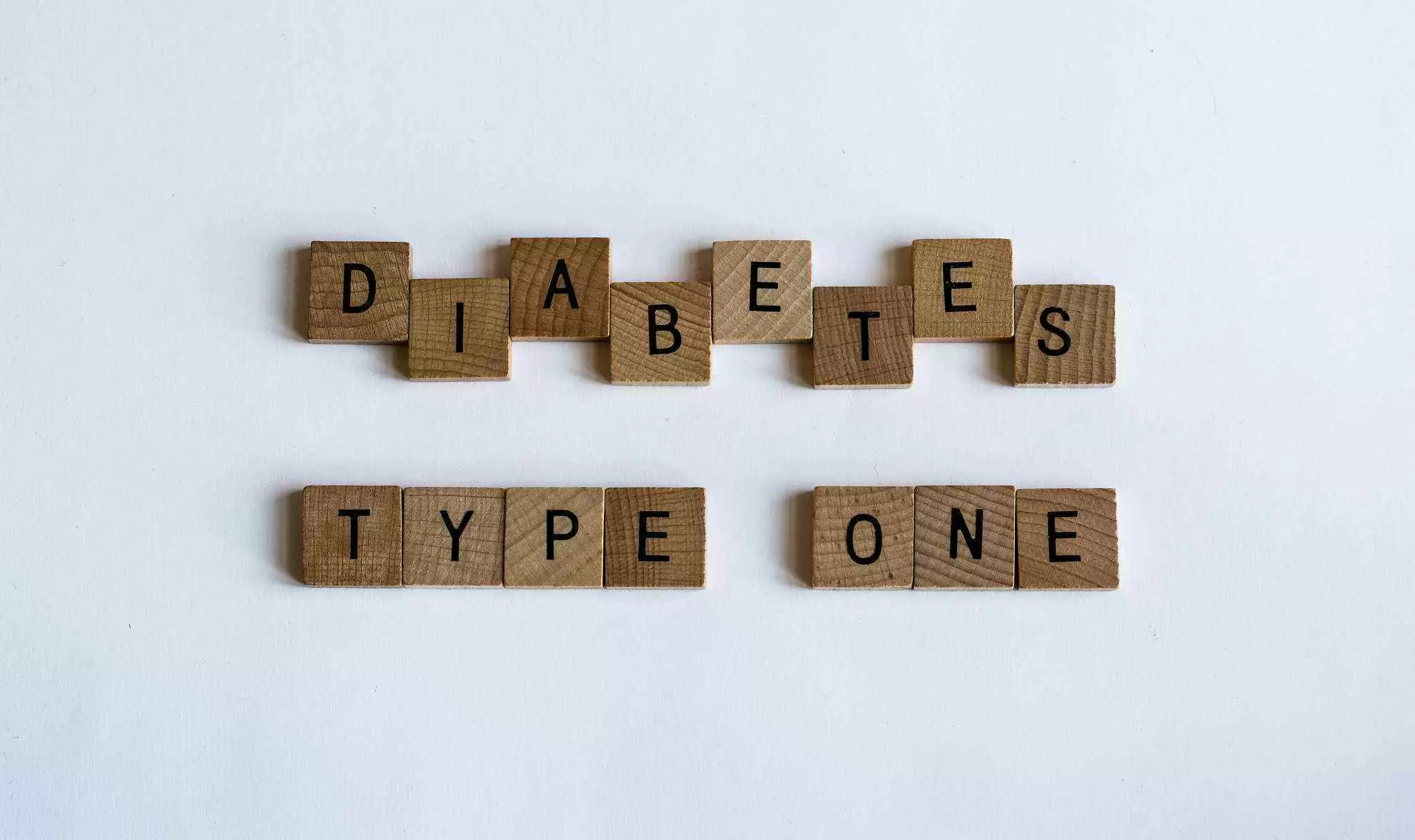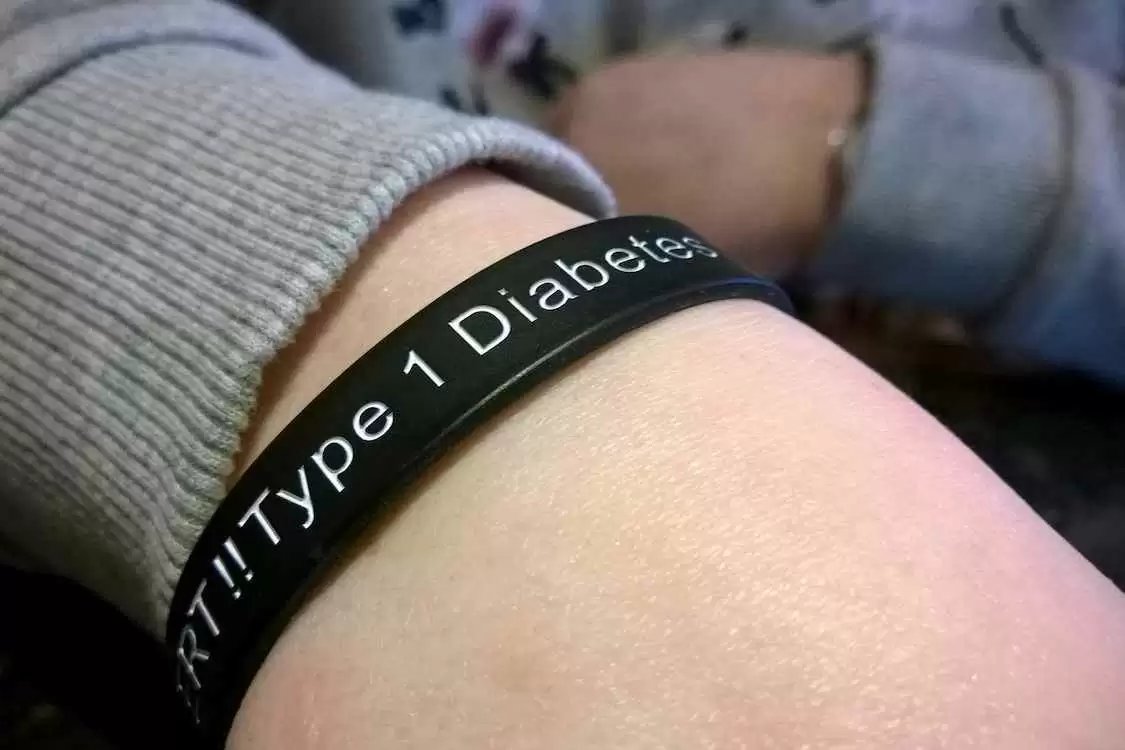
Celiac.com 10/27/2017 - It has long been understood that two autoimmune diseases, celiac disease and type 1 diabetes are related. They share common genes and the incidence of celiac disease is higher among type 1 diabetics. There have been some anecdotal reports regarding children diagnosed with type 1 diabetes who were put on a gluten-free diet soon after their diagnosis and for a period of two years or more didn't require any insulin. The thought was that the gluten-free diet effectively halted the progression of the diabetes, at least for the duration of the study.
Studies of mice have shown that despite utilizing a genetic strain of mice that were strongly in-bred to increase the risk of type 1 diabetes, 2/3 of them did not do so when a drug was administered to prevent leaky gut. This study was performed by Dr. Alessio Fasano at the University of Maryland Celiac Research Center. Dr. Fasano is one of the world's acclaimed researchers in the area of celiac disease and gluten sensitivity.
Celiac.com Sponsor (A12):
Leaky gut is associated with the initiation and continuation of autoimmune disease and Dr. Fasano's work with these genetically predisposed mice shed a great deal of light on the power of an undamaged gut lining to effectively forestall development of a genetic condition, in this case type 1 diabetes.
A recent study out of Immunology, dated August 22, 2012, is titled "Dietary gluten alters the balance of proinflammatory and anti-inflammatory cytokines in T cells of BALB/c mice". The title is a mouthful but here is what the researchers out of Denmark found:
Their initial premise was based on the idea, as I mentioned above, that dietary modifications, specifically a gluten-free diet, could reduce the risk of developing type 1 diabetes. The question they posed was, "How did this occur?"
They discovered that wheat gluten induced the production of pro-inflammatory chemicals called cytokines that would damage the intestinal lining and immune tissues of the small intestine. More importantly, a gluten-free diet didn't just neutralize the negative effects just mentioned, but it actually caused the production of anti-inflammatory chemicals that would provide protection for the immune system and gut. So, while gluten is a known bad guy, a gluten-free diet doesn't just take the negative away, it actually induces a positive, healing response.
Clinically we frequently see this with patients. As soon as we meet a patient with any history of autoimmune disease, we quickly test them for celiac disease and gluten sensitivity via lab tests and a 30 day elimination diet. If we discover any negative immune reaction to gluten, we begin a strict gluten-free diet.
Happily, we often see stabilization, if not reversal, of their autoimmune disease. We support the gluten-free diet with our other protocols for normalizing gut permeability (healing a leaky gut) and strengthening the immune system. Taken together this program yields excellent results.
If you know anyone suffering from an autoimmune disease, please show them this article. Gluten could be a component in furthering their disease and a gluten-free diet could be a positive influence in their journey to improved health.
I hope this was helpful. Please feel free to contact me should you have any questions. And if your health is not at the level you would like, I can also offer you a free health analysis. Call us at 408-761-3900.
Our destination clinic treats patients from across the country and internationally and we would be delighted to help you.
To your good health.










Recommended Comments
There are no comments to display.
Create an account or sign in to comment
You need to be a member in order to leave a comment
Create an account
Sign up for a new account in our community. It's easy!
Register a new accountSign in
Already have an account? Sign in here.
Sign In Now